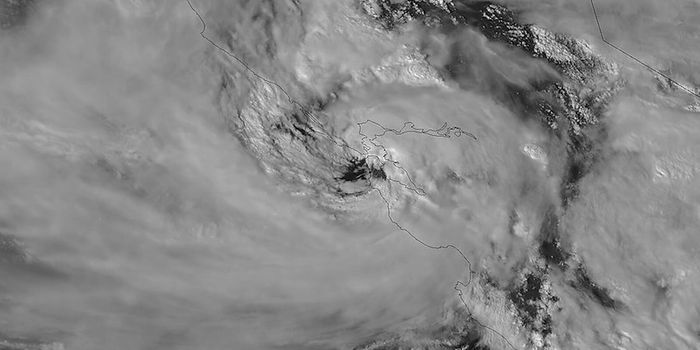NASA Launches $23m Toilet to Space Station
On late October 2nd, NASA launched a spacecraft carrying 4 tonnes of cargo, including scientific equipment, food hardware, and other supplies to the International Space Station. Of particular curiosity, however, amidst their cargo was a new experimental space toilet worth $23m.
Known as the Universal Waste Management System, astronauts will test it for both future use in the space station and for future crews on the way to the moon. With an inbuilt ‘vacuum system’ that sucks away waste from the body, it also comes inside a cubicle- similar to a public bathroom on Earth.
Weighing just 45kg (100 lbs) and standing at 28 inches, or 71cm tall, the new toilet is 65% smaller and 40% lighter than the one in current use. Melissa McKinley, a NASA project manager, said that the organization spent a lot of time evaluating existing toilet conditions to modify the use of the commode seat and urine funnel to better accommodate female crew members.
Space toilets work by using air to pull urine and feces away from the body and into their ‘proper receptacles’. When using the toilet, astronauts use foot restraints and handholds to keep themselves firmly on the seat. Once finished, their urine is recycled as drinking water. Although fecal waste is not currently given the same treatment, NASA is studying its potential.
Other cargo aboard Friday’s rocket will help scientists develop more effective and safer drugs for various diseases, including cancer. Another experiment will use a 360-degree camera to create a virtual reality experience that allows people to experience life in the space station and beyond. Meanwhile, to a different effect, cosmetic brand Estee Lauder launched a skincare serum to the space station for photos to be taken of it at the space station’s cupola window as a part of NASA’s efforts to engage more with commercial activity.









